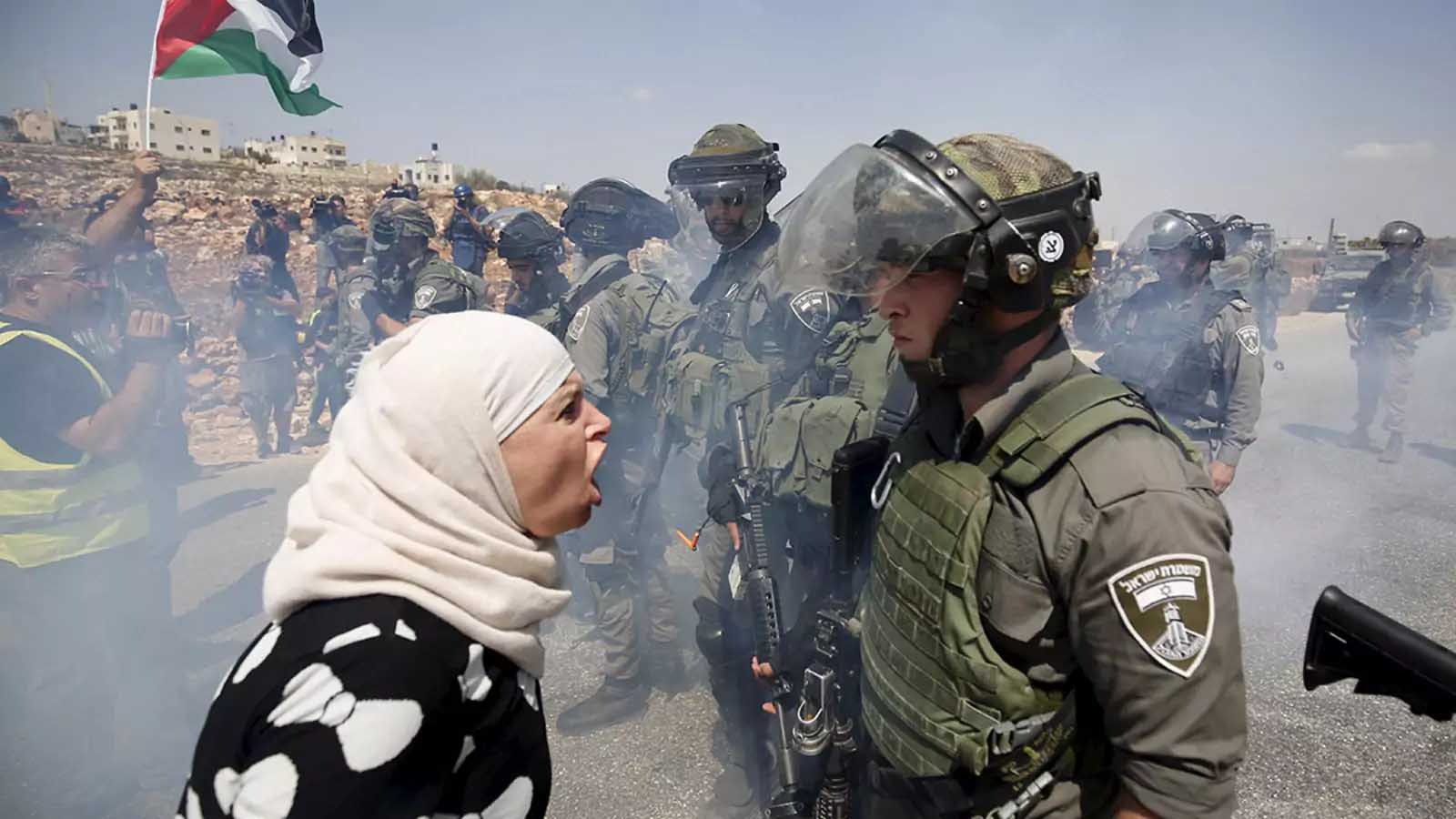In the ongoing conflicts between Israel and Hamas, it is innocent people who have suffered. Both Israeli citizens and Palestinians have suffered casualties as the world community, particularly the United Nations and Human Rights agencies, look at them as mere spectators. But what is more worrisome is the fear that the worst is yet to come.
The first thing both parties can do is to declare a ceasefire. Fire cannot be extinguished by fire. The strategy of ‘an eye for an eye’ can make the whole world blind. Both parties, therefore, should realise that the Israel-Palestine dispute is a political question and it can only be solved through dialogue. The militarisation of the region has taken a huge toll on humanity. It is high time both parties go for a talk.
But vested interests are active and trying to fish in troubled waters. They want conflict to continue as it serves the arms (read war) industry. The world community, therefore, must beware of them. It is this powerful lobby that has reduced the political question to a mere security issue. It does not want the issue to be deliberated upon, dispassionately. If the talks succeed, it fears, its armed business may slow down. For it, war is profitable and the era of peace is the period of loss-making.
The vested interest lobby is active elsewhere as well. In India, it has influenced a powerful group of people, who are working in the media. They are also active on social media, posting comments to divert people’s attention from the real issue. It is the power of their hateful propaganda that the political question of Israel and Palestine is being given a religious turn.
The cause of Palestine has been painted as a “Muslim” cause. But the historical truth is that from Mahatma Gandhi to Edward Said, the peace-loving people, cutting across religious creeds, have spoken in favour of the rights of Palestinian people. Gandhi and Said were not Muslims but they discharged their duties of being human beings.
However powerful propaganda is active on social media in India. It communalizes the whole issue. It takes up the Islamophobic discourse to spread the biggest lie that Muslims are “terrorists” and they do not hesitate to kill innocent non-Muslims.
Amid this human tragedy, a hateful campaign on social media is being launched to demonize Muslims and hold them responsible for the violent and condemnable acts of Hamas. Not to talk of social media activists, several mainstream Indian journalists have operated within the communal framework. They have completely failed to maintain a balance in their approach. Instead, the reporting and TV shows are designed in such a way as to give a one-sided view of the complex issue.
It is often seen that during commercially-driven, prime time, television shows the anchors framed the question in a skewed manner; depicting the attacks by Hamas aa the beginning of the problem; taking this shallow argument further to say that the elimination of “militants” among Palestinians would solve all problems! While the anchors are seen, forcing the participants to condemn the attacks by Hamas on Israel, they appear hesitant to condemn the counter-attacks by the Israeli state on one of the most marginalised peoples in the world. Journalists, who are expected to show all sides of the truth, are concealing the larger issue that the military acts of Israel have been at a much bigger in scale and pose a much bigger threat.
Several reports suggest that the people living in Gaza are undergoing one of the most critical times in their lives. While hospitals in Gaza are unable to provide medical facilities to the ever-increasing number of injured people; the area is also witnessing huge shortages of essential goods. For this crisis, can the Israeli state-run away from assuming responsibility?
But the Islamophobic lobby does not utter a single word about how the mighty Israeli state has launched a crackdown on the people of Gaza. Apart from military attacks, the area is also facing a severe shortage of food and medicine. It is simply a human tragedy. How long can the world community afford to ignore the issue?
No doubt, the attacks by Hamas should have no place in any society. But to call Hamas “terrorists”, and then put the full stop there is also not the complete truth. We forget the fact that Hamas, being a non-state actor, is placed in a much weaker position than the mighty Israeli state. The modern state has claimed that it has a monopoly over violence and therefore it can punish anyone. The modern state has a standing army and it allocates a bigger portion of its annual budget to security and defence. The non-state actors, on the other hand, do not have such resources. That is why we must keep in mind that the capacity of the state to inflict damage is much bigger than the non-state actors can do, even if they wish to do so.
When I see the mighty Israeli state, I see the irony. While the people of Israel have suffered in history and their historical journey is punctuated by migration and persecution, the Israeli state, which derives its legitimacy in the name of protecting the rights of historically marginalised Jews, is not hesitant to use force on the poor Palestinians.
Who can deny that the contribution of Jews in human history is unmatched but the Israeli state is also known for securitising the political issue?
Without the realisation of an independent state for the people of Palestine through holding dialogue and democratic means, the region would find it difficult to achieve a lasting peace.
(Dr Abhay Kumar is an independent journalist. He has taught political science at NCWEB Centres of Delhi University. Email: debatingissues@gmail.com)

